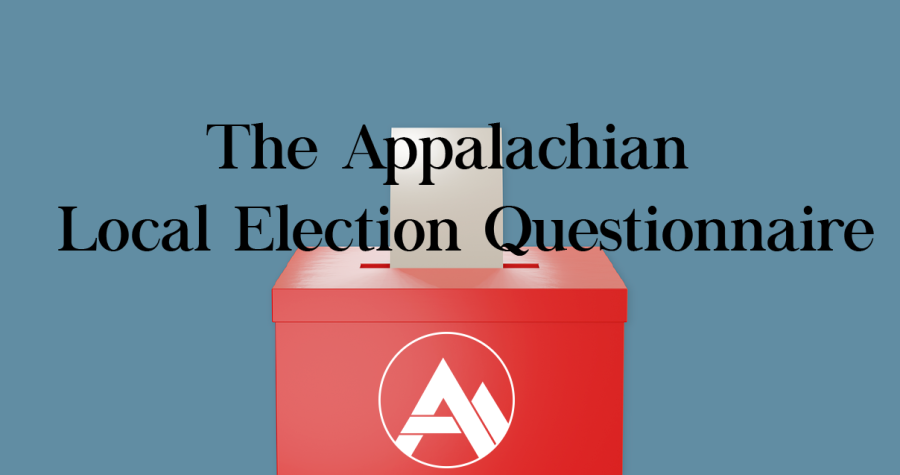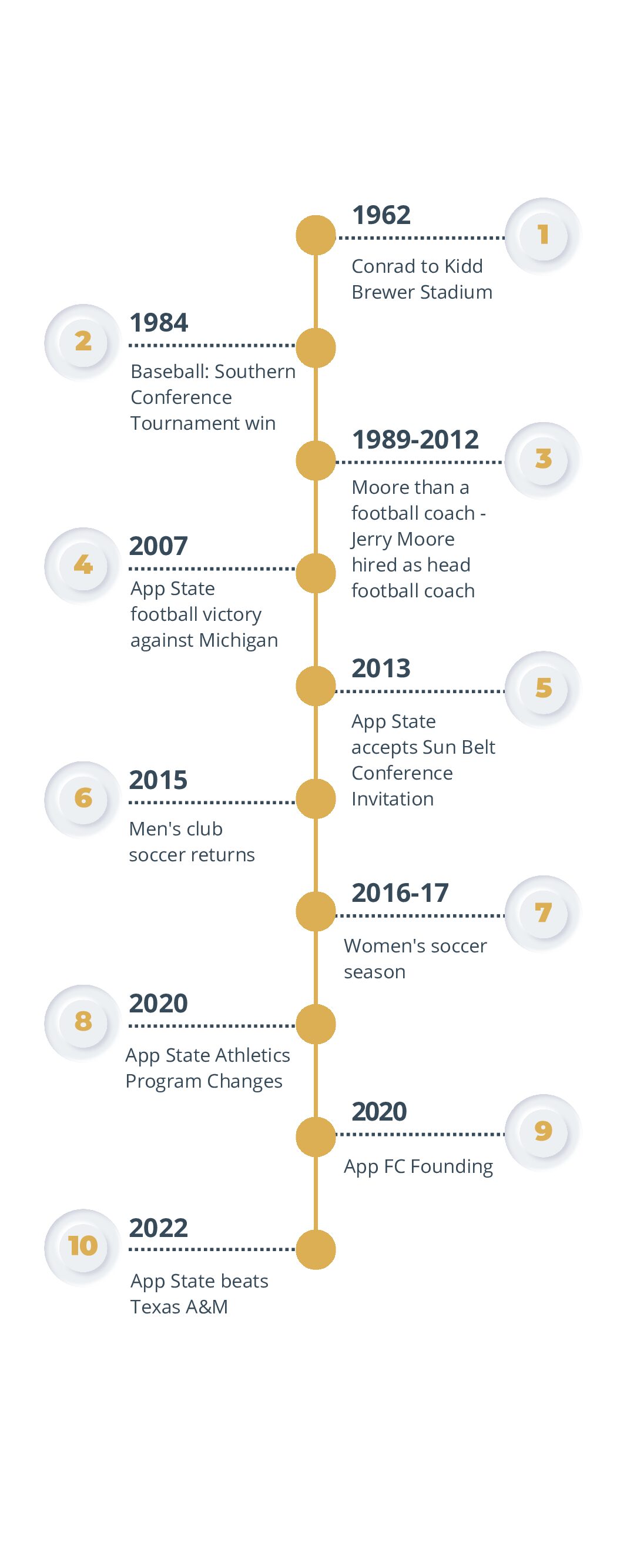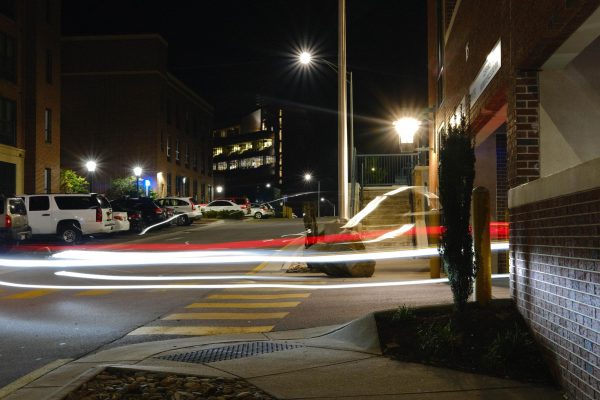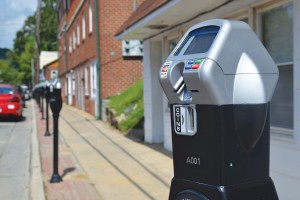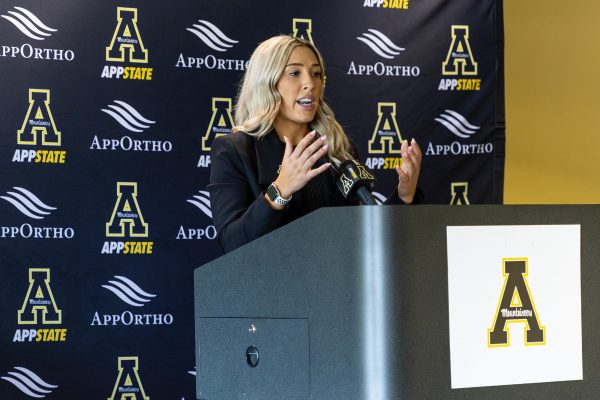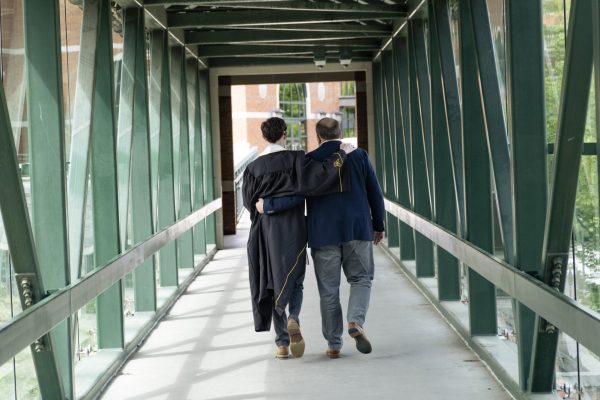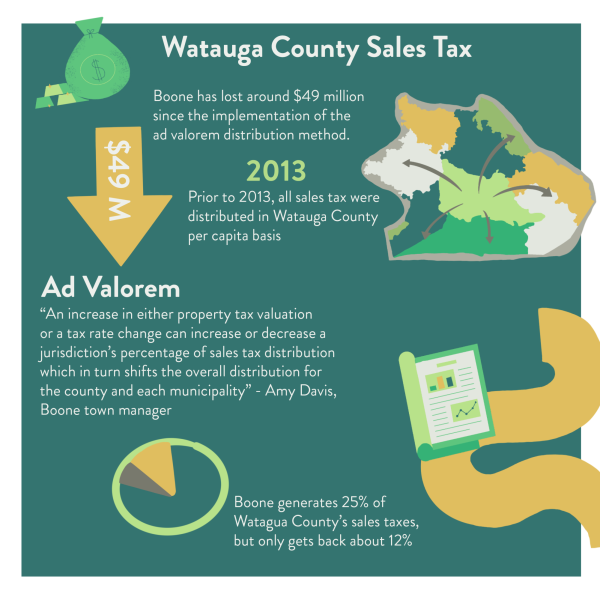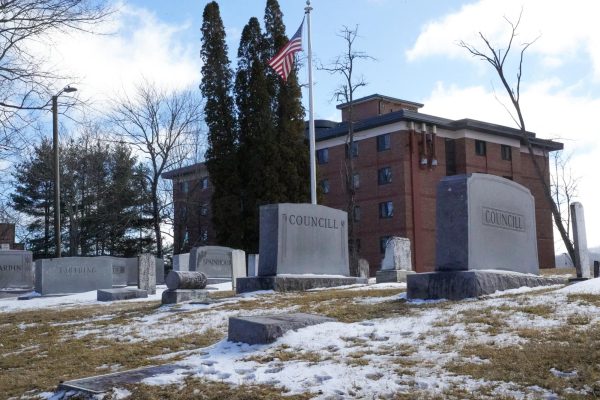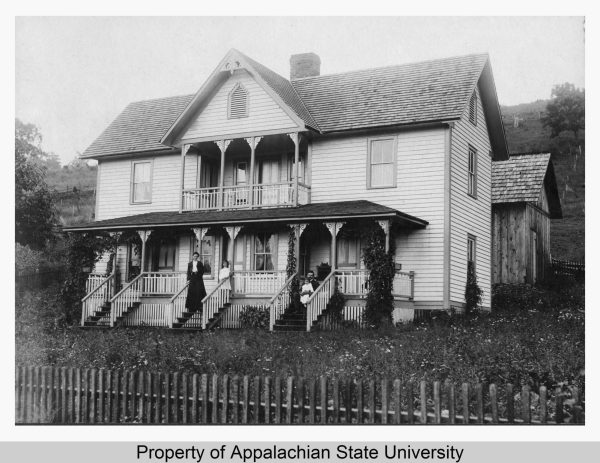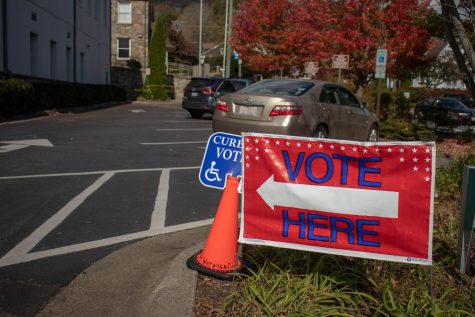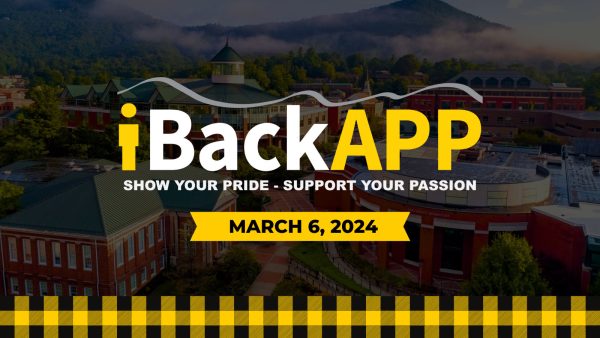How will they address food insecurity? Municipal candidates answer
October 29, 2021
Leading up to the Watauga County 2021 municipal general election Nov. 2, The Appalachian sent each candidate the same questions via email, asking what motivated them to run for their positions and how they plan to tackle other issues. Read their plans to address food insecurity here.
Tim Futrelle (Mayor)
I want to bring organizations like Hunger and Health Coalition, Hospitality House, F.A.R.M. Cafe and others and create a town task force to tackle food insecurity in our community.
Todd Carer (BTC)
This is of utmost importance to me and something I’ve been working on since I arrived in Boone in 2011. I remember early on discussing student hunger and most people didn’t believe that there was a problem. Back then, there were no on-campus food pantries. It’s not only about food insecurity, but also equally about access to healthy, local foods as opposed to processed canned food.
As Chief Development Director at Hospitality House of Northwest N.C. it has always been a priority that our food pantry stays open seven days a week and that our services can be accessed for free on the Green Route of AppalCart. I serve on the Watauga Food Council and helped to initiate the Farmer Foodshare Program at the Watauga County Farmers Market where we take donations each week in order to provide fresh and locally grown produce to the food pantries at Hunger & Health Coalition, Casting Bread and Hospitality House. I’d love to see edible landscaping throughout Boone (something that’s an action item for the Food Council) and more education to help everyone understand what hunger really looks like.
Dalton George (BTC)
Food insecurity is a pressing issue in the Town of Boone. Before my time on town council, my peers and I approached SGA about establishing a town-gown project to build free food pantries across town. While that project did not take off on-campus, I have continued advocating for its creation and am working with town staff to ensure that a version of it comes to fruition. Accessibility is a solution to battling food insecurity on a small scale, something that such a project would aim to accomplish; however, many of those struggling with food insecurities also face countless other barriers. Getting resources to them is vital.
The town should also be willing to lead a broad effort involving all community stakeholders to explore solutions to a systemic issue like food insecurity. In a community with so many effective nonprofit organizations, sometimes all it takes is a force to bring them together on a unified front.
Benjamin Ray (BTC)
Benjamin Ray did not respond to The Appalachian’s questions.
Virginia Roseman (BTC)
There are a few community gardens in our community, food banks and access to free meals that are funded through town awarded grants. The town council awards hundreds of thousands of dollars to many well deserved non-profits in our community that work tirelessly to fill voids. The council, if funds are available hopefully do even more. I am open to suggestions to always aid those facing food insecurity. My family many of times in years past frequented food banks. I know the pain of putting one’s child to sleep knowing they were hungry. It is a pain know one should know.
Eric Wooldridge (BTC)
Boone is fortunate to have many great non-profit organizations and partners (ie. OASIS, Watauga Youth Network, Hospitality House, HOPE, etc.). These organizations, along with the school system, maintain an extensive network to effectively deploy resources to the underserved, whether food, mental health services, and, to some extent, medical assistance. As a town, we must continue to support these organizations and their professional staff and serve as direct financial partners to ensure there’s adequate support for our community’s most vulnerable.
Eric Brown (BTC)
Our food supplies are actually a good indicator that Boone is a growing and healthy place to live and work. Giving food to the hungry and inviting all to share in the bounty of harvest may build a better sense of community than extensive discussions about how to maximize provisions as we deplete our tax reserves to subsidize welfare policies that direct us away from principles and continually render us idealists.
Christy Cook (BTC)
Food insecurity is a somber reality both on campus and throughout our local community. This is an extremely important focus for me and an issue that I have firsthand experience with growing up in a rural low-income household. We know that some of the underlying causes of food insecurity is poverty and lack of educational and/or employment opportunities and while these are big issues that will certainly take time to address, there are things that we can do now to make a difference in our town and on campus. Please join me in supporting the Mountaineer Food Hub on campus as well as our local Hunger and Health Coalition and the Pioneer Pantry. Ways that you can get involved and contribute to some of these many ongoing initiatives can be found on the respective web pages linked here:
https://sustain.appstate.edu/initiatives/food-pantry/
https://www.hungerandhealthcoalition.com/home
Pioneer Pantry – Watauga High School
Becca Nenow (BTC)
Boone can do better in focusing on and encouraging community gardens, which can be a source of vibrant community, food, education and empowerment. Additionally, creating stronger relationships between town council and Health and Hunger Coalition, Hospitality House, and Blue Ridge Women in Agriculture will allow for discussions and solutions that are at ground-level.
Edie Tugman (BTC)
Edie Tugman did not respond to The Appalachian’s questions.

